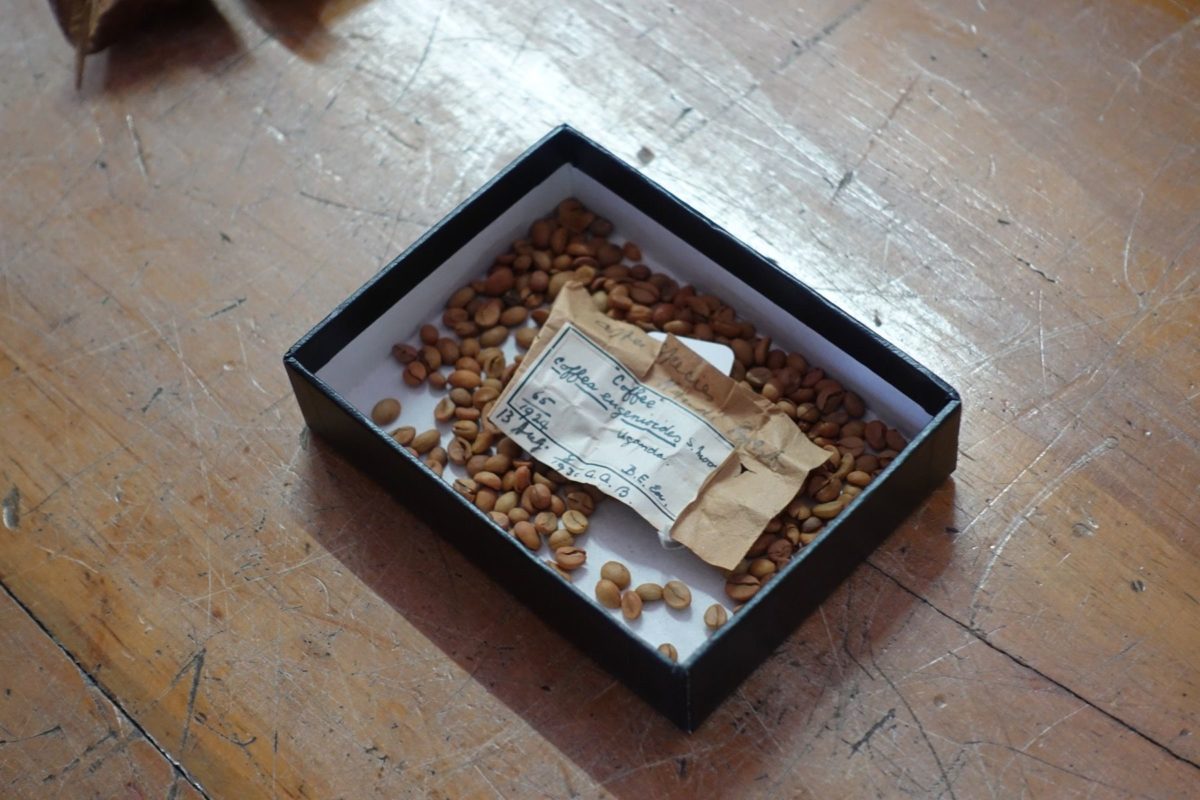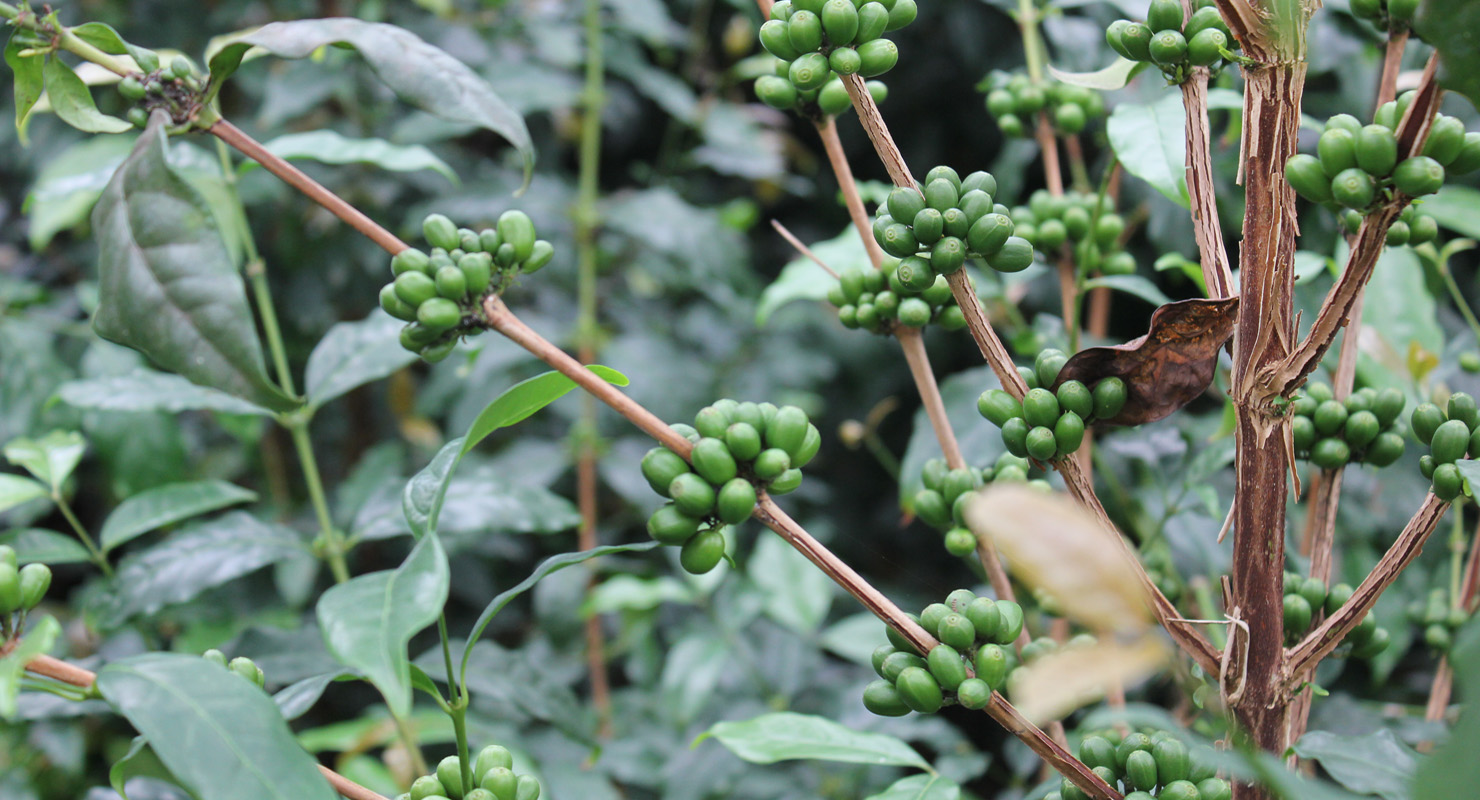What is Eugenioides Coffee?
You’ve surely heard of Coffea arabica—but have you met its parents? Coffea eugenioides, (C. eugenioides) along with Coffea canephora (known among frenemies as “Robusta”), are the two parent coffee species whose magical union—in apparently just one particularly lucky coffee plant—created the Arabica coffee we know and love today.
But enough about that: Eugenioides coffee has plenty to recommend itself without boasting about the kids. This strange-tasting coffee also happens to be extremely rare, considered by some to be an “abandoned” species, which has only recently had new life breathed into it in the past decade from the labors of Colombia’s Finca Inmaculada, where Eugenioides has seen a very small renaissance under the stewardship of the Holguin family (and before that, producer Camilo Merizalde.)
In 2021, Eugenioides coffee stormed the world coffee stage when it was used in the World Barista Championship by no fewer than three national champions (including Natalia Kwiatkowska of Poland and the United States’ Andrea Allen of Onyx Coffee Lab) and 2021 World Barista Champion Diego Campos of Colombia. Campos described his competition coffee, grown in his home of Colombia, as “one of the most surprising and fascinating coffees I have ever tasted.”
What’s so special about Eugenioides Coffee?
Along with being said to have a naturally lower caffeine content, like the Laurina variety of coffee, Eugenioides boasts a very vibrant and unique set of flavor characteristics. Inherently sweet (perhaps because of less of the presence of bitterness from caffeine), Eugenioides Coffee is often said to have cheerful, unusual flavor notes, such as sesame snaps, toasted marshmallows, lemon drops, and cereal milk.
The plant itself produces smaller leaves and cherries than C. arabica plants, and in the cup, is a divisive coffee. Some feel it doesn’t really taste like coffee at all, and while it has some big fans, the special coffee has a profile that has “a very niche following,” admits Intelligentsia Coffee‘s Geoff Watts.

Where does Eugenioides Coffee grow?
C. eugenioides is is indigenous to East Africa—coffee-growing countries like Rwanda, Tanzania, Uganda, Kenya, and the Democratic Republic of Congo. Its primary production nowadays is on Finca Inmaculada farm in Western Colombia, at between 1900–2000 MASL.
Is it hard to grow Eugenioides Coffee?
Let’s be honest: it can be hard to grow coffees that producers are already familiar with, especially with the increasingly harsh conditions brought about by climate change and associated issues like pests and coffee leaf rust. While Eugenioides plants are not particularly more difficult to grow, they do produce a lower yield than Arabica, and the species is still considered a rare or experimental coffee to grow.
Where can I try Eugenioides Coffee, and is it super expensive?
A few lucky roasters have been able to get their hands on Finca Inmaculada’s harvests in recent years, like Onyx Coffee Lab and Gardelli Coffee. And yes, it costs a LOT.
Will Eugenioides Coffee become more widely available soon?
Probably not. Most farmers aren’t willing to take a chance on a rare coffee that isn’t a sure thing—unlike Geshas, which boast flavor characteristics that delight many palates, Eugenioides is such a weird coffee that it seems unlikely anyone will pick up the ball and run with it. But you never know!
Liz Clayton is the associate editor at Sprudge Media Network. Read more Liz Clayton on Sprudge.































